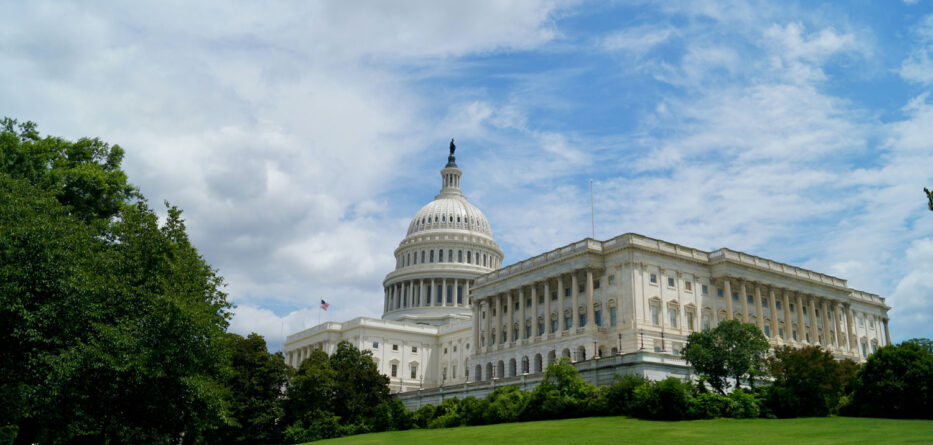More than eight months before the November elections, which put in dispute the 435 seats in the House of Representatives, a third of the Senate, dozens of governorships and thousands of popularly elected positions, migration is emerging as the defining issue of the electoral process.
It is true that the economic concerns embodied in the rise in the price of gasoline, a phenomenon that accentuates the inflationary tendencies in the country’s economy, also occupy a central place in the minds – and pockets – of voters. But migration is an issue that excites, divides, polarizes and therefore is more lucrative as a political flag.
Fascinated with the idea of the “external enemy”, a segment of the electorate allows itself to be bewitched by the false equivalences of migration as an “invasion”, of migrants as “potential terrorists” or of the border violated by a tidal wave of “bad hombres” who are not of a white race of European origin. I have not heard anyone complain about the illegal presence of Canadians in the United States.
The new center of the immigration debate this election cycle is occupied by the decision of the Biden administration to suspend the application of the infamous Title 42 , a vestige of the Trump era that denied more than a million migrants the opportunity to have their cases processed under the legal rules of the asylum process.
The alarmist letter sent by 133 Republican legislators to the Secretary of Homeland Security (DHS), Alejandro Mayorkas, clearly illustrates the strategy of handing the bill to the Biden administration if the end of Title 42 turns into immigration chaos.
“The historic crisis at our southern border will be made worse by the rescission of Title 42, which will bring a tidal wave of migrants to our southern border and overwhelm Border Patrol agents. Well-oiled cartels, gang members, human traffickers, and drug smugglers will exploit the crisis and put the American public at greater risk,” they wrote.
Memo to the 133 legislators: the “historic crisis” has been in part the result of the irresponsible decision of many of them to reject a sensitive reform of the immigration system, which recognizes the need for a young, reliable, regular and safe workforce: a reform inspired by the best causes of the United States and that is a model of rationality, dignity and humanism.
But it is easier to write letters and give interviews waving the flag of a supposed crisis, than to do the job for which they were elected and hired: legislate, that is, build the building of common sense rules to solve the country’s greatest challenges. That requires courage and vision: two rare coins in our political class.






